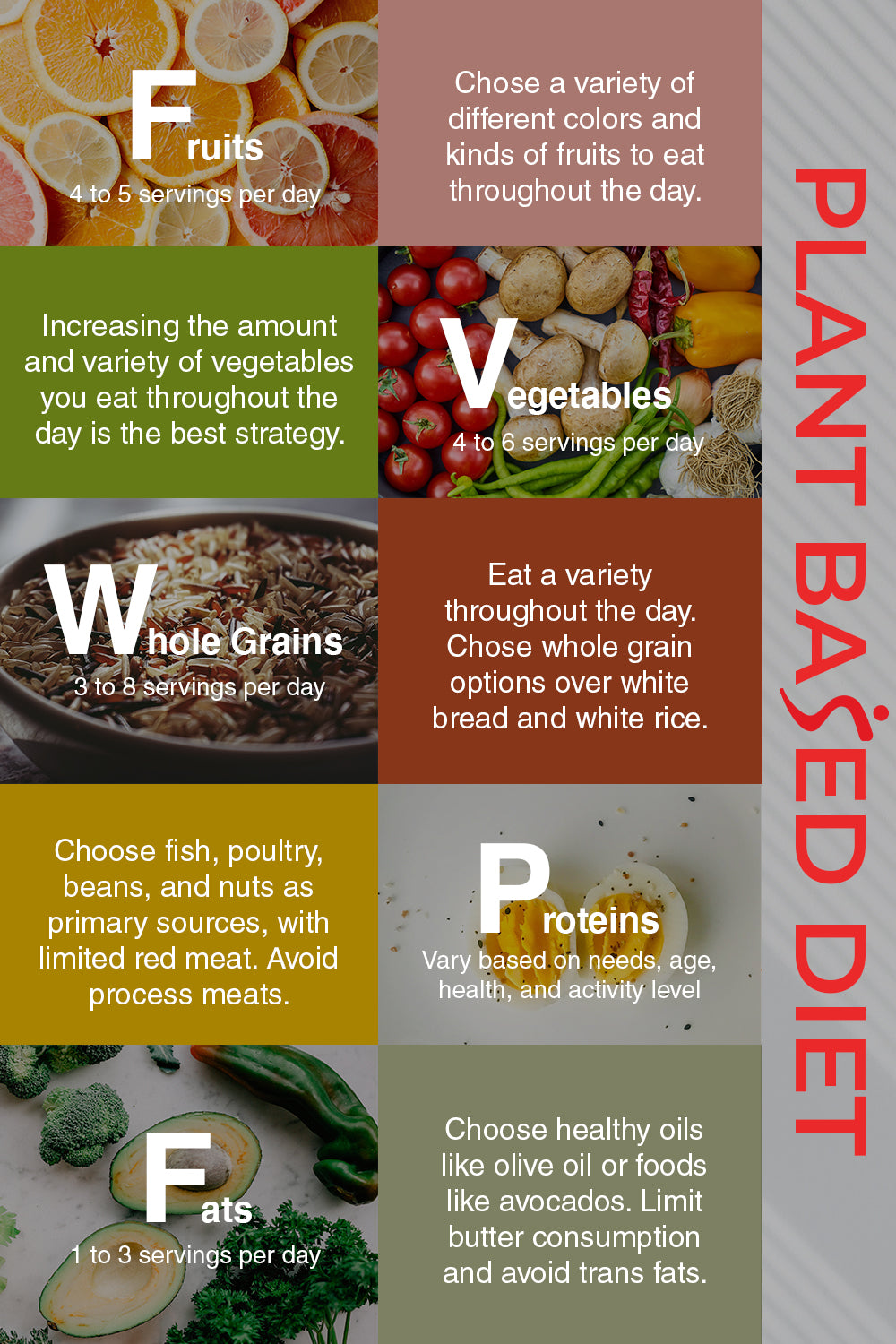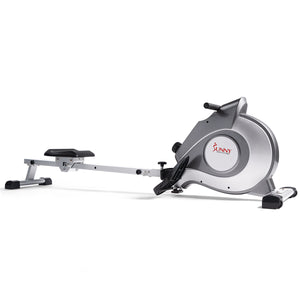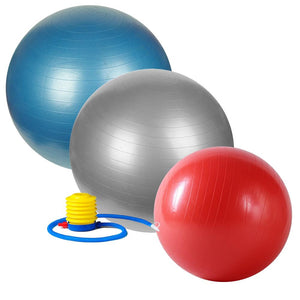Why Should I Consider a Plant-Based Diet?
There is a strong correlation between poor health and poor dietary choices. In fact, many of the leading causes of death around the world are from non-communicable disease that could be prevented if healthy food choices are regularly made. Cardiovascular disease, cancer, chronic respiratory diseases, diabetes, obesity, and cognitive impairment are among the leading causes of death and disability around the world, and a healthy diet is a major deterrent to these diseases. One of the ways individuals are working to combat these rampant diseases, is to adopt a plant-based diet. But before we move into what the benefits of a plant-based diet and how this diet helps fight disease, people must have a good understanding of what a healthy diet looks like.
What Is a Healthy Diet?
To put it simply, a healthy diet will provide your body with optimal amounts of nutrients and water to perform all its physiological functions. There are many nutrients your body needs, and they come in two categories, macro and micro nutrients. Macronutrients consist of the nutrients you need to consume in relatively large amounts. Carbohydrates, Proteins, and Fats are the macronutrients your body needs in various amounts and are probably nutrients you are familiar with. For more detailed information on macronutrients, check out our intro to macronutrients article here. Micronutrients while not needed in as large of amounts as macronutrients, are necessary for normal growth, metabolism, and other physiological functions. Micronutrients come in the forms of vitamins and minerals. A few of the more recognizable micronutrients include vitamins C, A, D, K, and minerals like calcium and sodium. Finally, water is a required component to human life. For more info on how much water you should be drinking, listen to our podcast episode where we discuss if 8 glasses of water is really the amount of water your body needs.
Benefits of Plant-Based Diets
Because a diet that is high in plant based foods can increase the amount of nutrients your body has access to when compared to a diet high in refined or process food sources, your risk for developing heart disease, diabetes, obesity, and other non-communicable diseases is reduced. One important thing to remember is that plant-based diets are only effective when they provide the nutrients your body needs to function properly. If your plant-based diet includes pasta, potatoes, white bread, canned vegetables, fruit juice, and fried vegetables, then you are not getting the full vitamin and mineral amounts normally found in raw whole foods. You still need to eat a variety of whole fruits and vegetables to ensure that your body is getting enough nutrients. An unhealthy plant based diet can increase your risk of developing heart disease much like other unhealthy diets high in process foods.
Protein is a common issue for many that are choosing to adopt a plant-based diet. Because many plant foods are lower than animal foods in protein and amino acid amounts, it is not uncommon for those who switch to a plant-based diet to have the amount of protein they consume reduced. When protein amounts are lowered, your body receives less amino acids which are a critical component to many human physiological functions.
How to Start a Whole Food Plant-Based Diet
While you may be motivated to go full vegan or vegetarian, you don’t need to eliminate animal products completely to create healthy eating behaviors. The goals should be to reduce the amounts of unhealthy foods and add more whole plant-based foods while reducing the amount of animal proteins to healthy amount.
What does a whole food plant-based diet look like?
Fruits – 4 to 5 servings per day
- Chose a variety of different colors and kinds of fruits to eat throughout the day.
Vegetables – 4-6 servings per day
- Increasing the amount and variety of vegetables you eat throughout the day is the best strategy.
Whole Grains – 3-8 serving per day
- Eat a variety throughout the day. Chose whole grain options over white bread and white rice.
Healthy Proteins – About 56 grams per day for men, and 46 grams per day for women (can vary based on needs, age, health, and activity level)
- Choose fish, poultry, beans, and nuts as your primary sources, with limited amounts of red meat. Avoid process meats.
Healthy Fats – 1-3 servings per day
- Choose healthy oils like olive oil or foods like avocados. Limit butter consumption and avoid trans fats.
Take home point
Plant based diets do not have to eliminate animal food products to be healthy. When you do start incorporating more healthy plant food items and reducing your consumption of process foods and excess animal proteins, you will be giving your body more of the nutrients it needs. Choose as many varieties of healthy vegetables and fruits to ensure that you consume essential vitamins and minerals.

























Add Your Name & Email
Please enter your name and email to continue.We won’t display your email publicly.